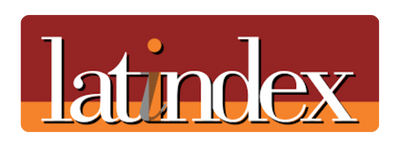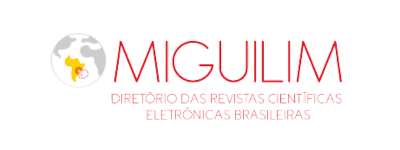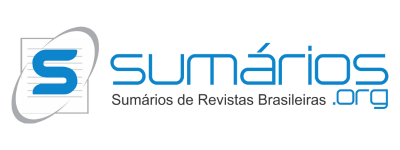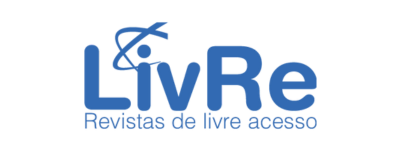Critical Discourse Analysis as a Scientific Support for Explaining Social Problems Related to Power as a Form of Control
Visualizações: 380Keywords:
Critical Discourse Analysis, Theoretical-methodological approach, Interdisciplinarity, MethodAbstract
Critical Discourse Analysis (CDA) is defined as an interdisciplinary theoretical-methodological approach that serves social and human sciences as scientific support for explaining social problems related to power as a form of control (CHOULIARAKI, FAIRCLOUGH, 1999; VIEIRA, RESENDE, 2016). It also focuses on studying how social relations are asymmetrically structured in society (CHOULIARAKI; FAIRCLOUGH, 1999; FAIRCLOUGH, 1995, 2001, 2003) and develops “ways of analyzing language that address its involvement in the functioning of contemporary capitalist society” (FAIRCLOUGH, 1995, p. 01). It is within CDA that the interdisciplinary nature of language is revealed, understood as a “resource that can be used both to establish and sustain relations of domination and, conversely, to contest and overcome such issues” (VIEIRA; RESENDE, 2016, p. 15). CDA, as a critical approach, seeks to study how discourses shape and are shaped by the dynamics of social life by de-naturalizing social determinations and the effects of discourses produced and reproduced in society, and how these discourses contribute to inequality and asymmetric power relations. (FAIRCLOUGH, 1995, p. 28). In view of this, the present work systematizes the theoretical-methodological framework of CDA by determining the central concepts and principles of analysis. It is observed that, although CDA is naturally linked to Linguistics because it analyzes language as discourse, it is not limited to a single discipline, as occurs with other areas of linguistics such as Sociolinguistics and Conversation Analysis, for example (MELO, 2018, p. 26). It is a method of investigation that provides theoretical support to the problem under study.
Downloads
References
CHOULIARAKI, L.; FAIRCLOUGH, N. Discourse in late modernity: Rethinking Critical Discourse analysis. Edinburgh, Edinburgh University Press. 1999.
FAIRCLOUGH, Norman. Critical discourse analysis: the critical study of language. New York: Longman Publishing, 1995.
MELO, Iran Ferreira. História da análise crítica do discurso. In: BATISTA, José Ribamar Lopes Jr.; SATO, Denise Tamaê Borges; MELO, Iran Ferreira (Orgs.). Análise de Discurso Crítica para linguistas e não linguistas. São Paulo, SP: Parábola, 2018, p. 20-35.
VIEIRA, Viviane; RESENDE, Viviane. Análise do Discurso (para a) crítica: o texto como material de pesquisa. 2 ed. Campinas, SP: Pontes Editores, 2016.
WODAK, R. Do que trata a ACD – um resumo de sua história, conceitos importantes e seus desenvolvimentos. Linguagem em (Dis)curso – LemD, Tubarão, v. 4, n.esp, p. 223-243, 2004. Disponível em:
http://www.portaldeperiodicos.unisul.br/index.php/Linguagem_Discurso/article/view/297. Acesso em 21 fev. 2020.
Downloads
Published
How to Cite
Issue
Section
License
Copyright (c) 2021 Revista de Estudos Interdisciplinares

This work is licensed under a Creative Commons Attribution 4.0 International License.
The Journal of Interdisciplinary Studies adopts the Creative Commons Attribution 4.0 International License (CC BY 4.0), which allows for sharing and adapting the work, including for commercial purposes, provided proper attribution is given and the original publication in this journal is acknowledged.













